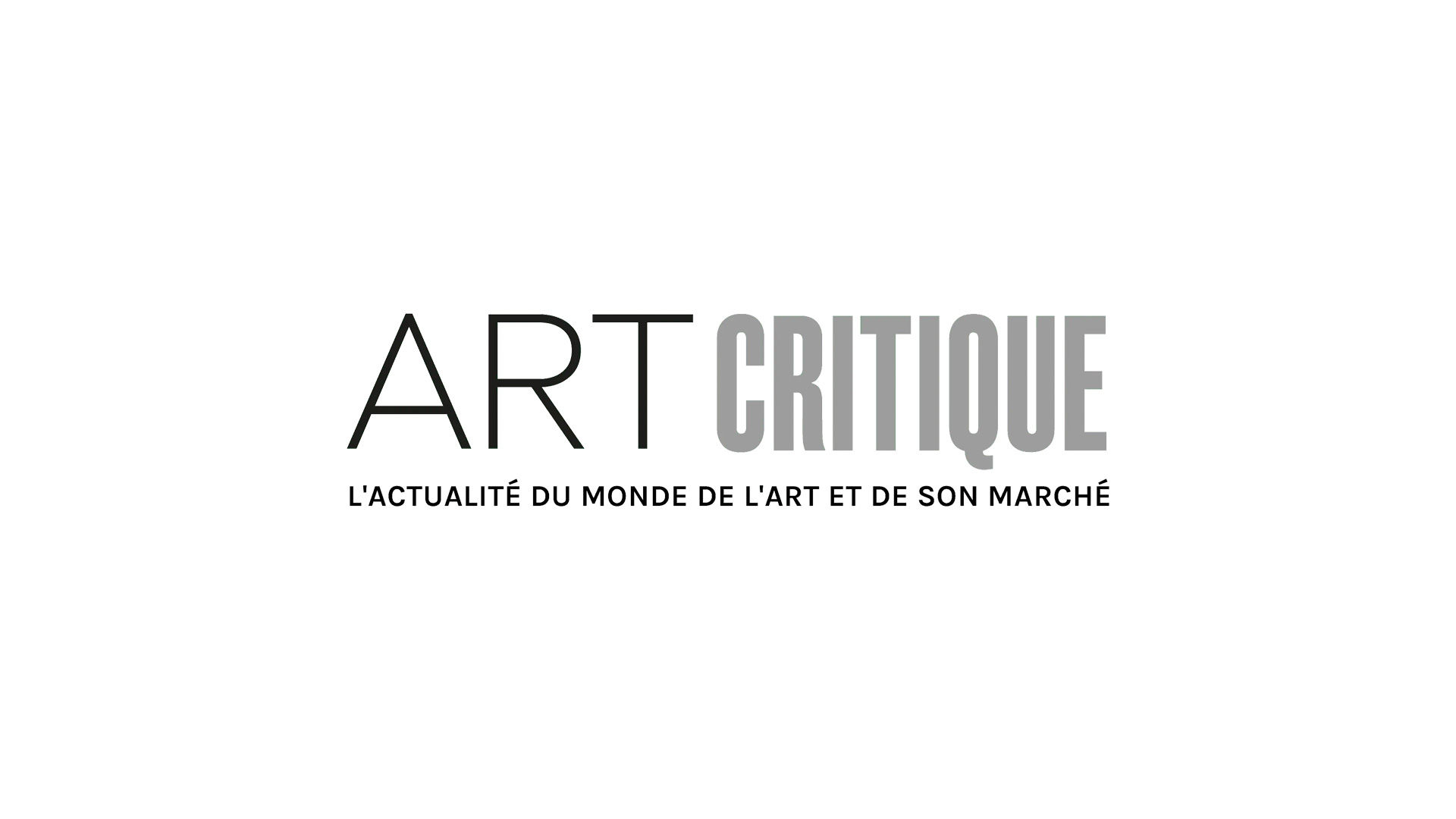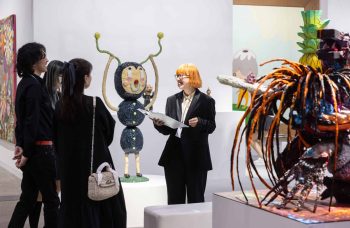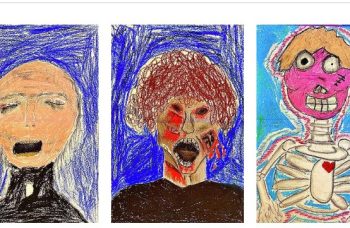In March, the Royal Academy (RA) in London was all set to open a major exhibition of 60 works by some of the most famous Impressionist painters. The works were loaned from the Ordrupgaard Collection in Denmark, almost half of which have never been exhibited in the UK before. However, just a week before “Gauguin and the Impressionists” opened, England, like so many others, entered into a strict lockdown. Now, four months later, the exhibition is set to open this Friday for a 10-week run.
In addition to works by the well-known yet problematic artist Paul Gauguin, Edgar Degas, Edouard Manet, Claude Monet, Berthe Morisot, Camille Pissarro, Auguste Renoir and Alfred Sisley will be represented in the exhibition. “Gauguin and the Impressionists” also includes a number of works by artists who were precursors to the Impressionist movement as well as some who were considered to be Post-Impressionists.

The RA is just one of many museums that have had to shuffle their exhibition schedule around, but they were happy to be able to present the exhibition so soon after lockdown restrictions eased across the UK. “Luckily, just as Europe was closing down, the paintings arrived in London,” the RA’s Anna Ferrari, curator of the exhibition, told The Guardian. “It is a huge relief to finally see the exhibition as we planned it. Lots of exhibitions have been cancelled across institutions everywhere and we were just lucky with the timing. The paintings had arrived and our lenders were so helpful and understanding.”
The exhibition, as the show’s title would suggest, centers around works by Gauguin who is one of the most famous Impressionists, but also one of the most notoriously problematic artists. By now, it is well known that the artist exploited his position and power to take advantage of young women, particularly after he moved to Tahiti, then a French colony, in 1891. In Tahiti, he painted many of the girls he encountered and entered into sexual relations with young girls eventually marry three, despite the fact that he was already married, and fathering children by them. In 2019, the National Gallery in London asked: “Is it time to stop looking at Gauguin altogether?”
In addition to his nature as a predator to young women, Gauguin also referred to the people of Tahiti as “savages” or “barbarians.” While this language was more common and accepted in the 19th century, it still offers a glimpse into the character of the artist.

Some believe that his character outweighs the strength of his work, though. Ashley Remer, the curator who founded girlmuseum.org, referred to Gauguin as an “arrogant, patronizing pedophile.” She continued in her statement to The New York Times questioning how we might view his paintings of young women if they were photographs instead.
The RA, however, hopes to offer context to the eight works by Gauguin included in the show in a manner that allows visitors to engage with his work but also understand more about the artist and his problematic history. “Different people will have different reactions. I just hope they want to engage with the works,” continued Ferrari. “Should we just not present him because he is problematic, or present him and explain why he is problematic?”
“Gauguin and the Impressionists” opens on August 7th and will run through October 18th. Tickets must be purchased ahead of going to the museum and social distancing measures will be enforced.





